Unfortunately, our precious guinea pigs can suffer from parasites that feed on them and make their lives very uncomfortable. It’s important to stay vigilant and observant of everything about your guinea pigs as much as possible! This is how you’re able to identify any medical issues that need immediate attention, and in turn get them treatment quickly.
We have a few posts on different medical issues that guinea pigs are susceptible to, including different types of infections such as urinary tract infections, upper respiratory infections, eye infections, and fungal infections. We briefly touched on mites in the fungal infections post, but we think it’s important to go a bit more in depth on the topic so piggy parents can be aware of everything there is to know about mites in guinea pigs and how to treat them.
What are mites?
Mites are insects that cause some major skin issues for guinea pigs. There are two major types that guinea pigs deal with: Trixacarus caviae and Chirodiscoides caviae. The latter don’t usually produce any symptoms, but when they do, the symptoms are mild. Guinea pigs don't generally need treatment if these are the only mites they’re dealing with.
Trixacarus caviae, or mange mites, are another story and can have very severe impacts on your guinea pigs, and in some cases they can kill your guinea pig. Mange mites can dig under the skin and cause serious pain for your guinea pig. The mites can cause such severe itchiness that your guinea pig can go into seizures and die that way. Because of how serious this infection is, if you have several guinea pigs and just one of them is infected with mites, it’s best to treat all of your guinea pigs for it right away.
What do mites do to guinea pigs?
Infestation of mites can cause an itchiness that is so deeply painful and uncomfortable for your guinea pigs that they’ll hurt and injure themselves by scratching and biting, which can cause open sores on their skin. It can also cause thinning of their hair, or hair loss in patches altogether. As previously mentioned, the itch can be so severe that it causes your guinea pigs to experience seizures.
Because of the multitude of symptoms that mite infestation can create, it can also open your guinea pig to secondary infections that produce their own symptoms.
The pain from the mites can become so overwhelming for your guinea pigs that it may cause them not to eat or drink water, which results in unhealthy weight loss and dehydration. This can cause them to become extremely lethargic and inactive, even debilitated.
Sometimes, guinea pigs can carry mites that don’t affect them, but will affect other guinea pigs. This is why it’s important for your vet to be able to identify and diagnose the presence of mites as soon as possible so they can start treatment.
How do guinea pigs get diagnosed with mites
Whenever you take your guinea pigs to the veterinarian, they should be thoroughly checking your guinea pigs for mites to provide diagnosis and treatment as soon as possible.
Your vet should be checking their fur and skin thoroughly for any signs of mites and other parasites. If they see any signs of skin disease, they can take cultures for study, and they may run some other tests to make sure that any itching or scratching isn’t caused by something else before jumping to the conclusion that it’s mites!

How to treat guinea pigs with mites
Guinea pigs with mites are usually treated with ivermectin, which can be administered by injection, orally, or topically. This needs to be done in a few doses, usually two or more with a week to a week and a half between each dose.
This treatment should be given very carefully and in very precise doses, as it depends on the exact weight of your guinea pig and applying and administering it incorrectly can cause some dangerous reactions, and can even be fatal in some cases. There are also topical treatments available for the open sores to treat infection and help alleviate some of the itchiness and pain.
Some steroids may be able to bring relief to your guinea pig as well, but they should be used extremely carefully and with the consultation of your veterinarian.
There’s also been some success treating guinea pigs with selamectin, which is applied topically to kill both mange mites and lice in one dose. Before you do this, make sure to consult with your vet to make sure that this treatment option is the right one for you.
Stay vigilant!
The only one that will notice that something is wrong first is you, the piggy parent! Make sure that you are checking their physical condition as often as possible and looking out for signs of illness or infection, whether it’s mites or something else entirely! This is the best way to keep your guinea pig happy, healthy, and safe.













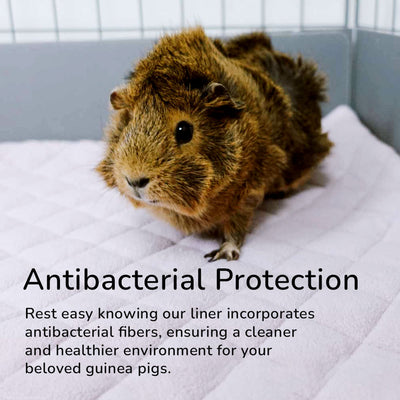








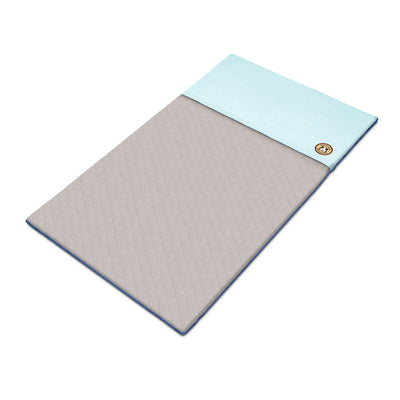
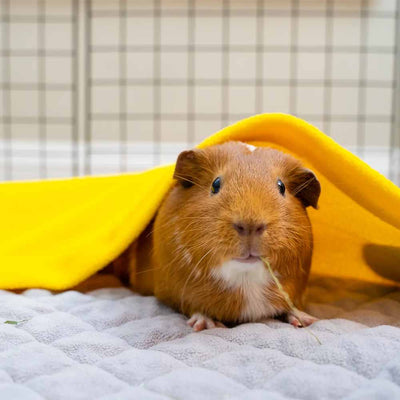
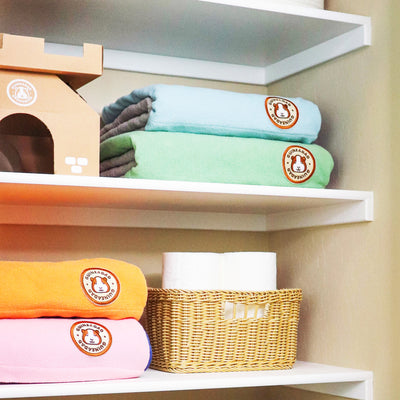






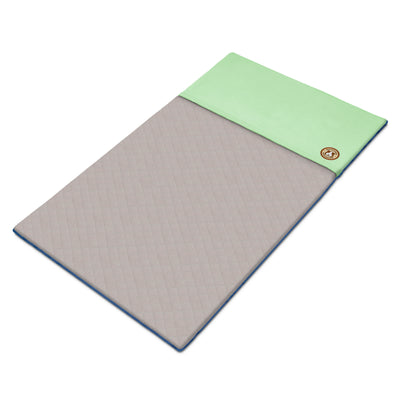
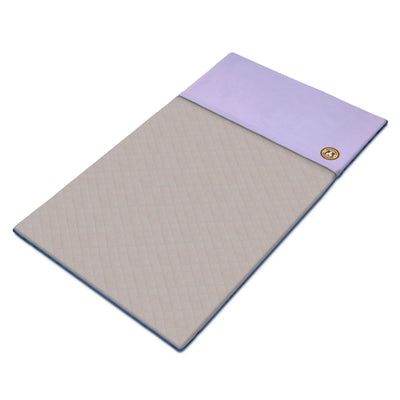
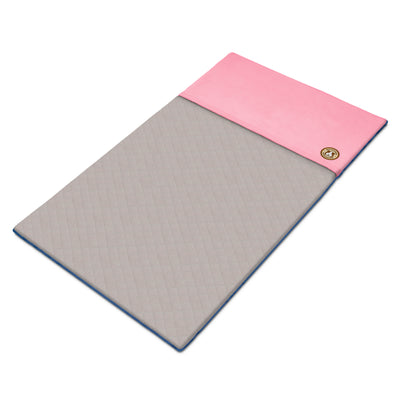
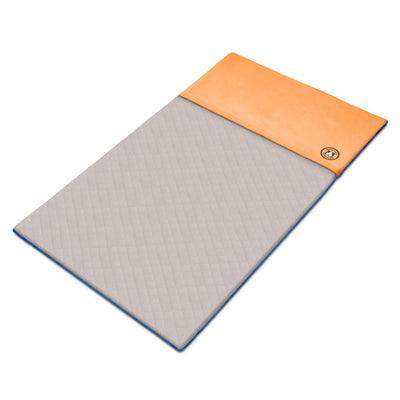
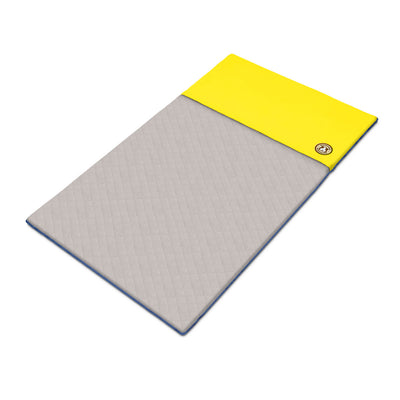
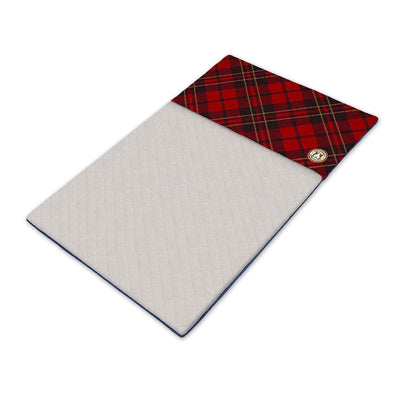
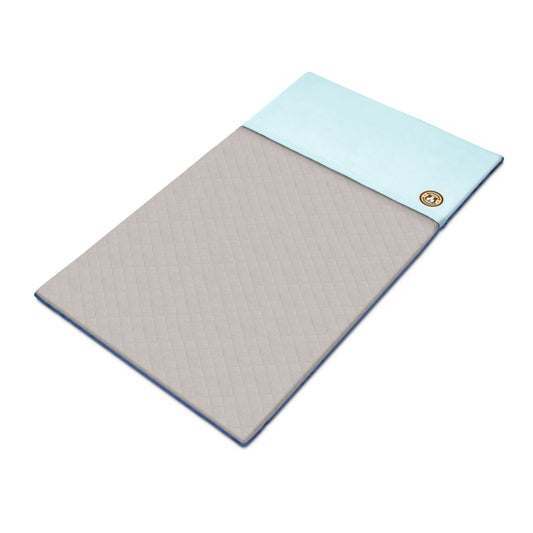









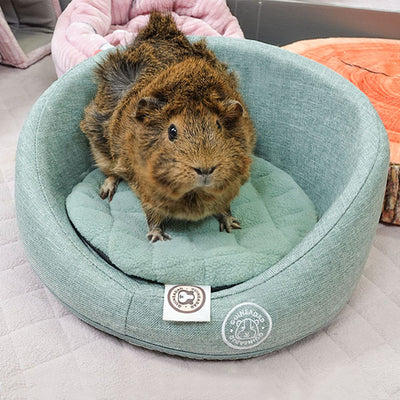
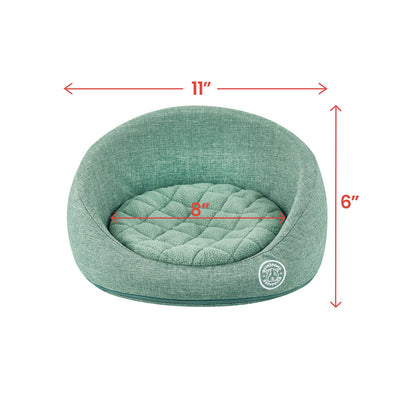

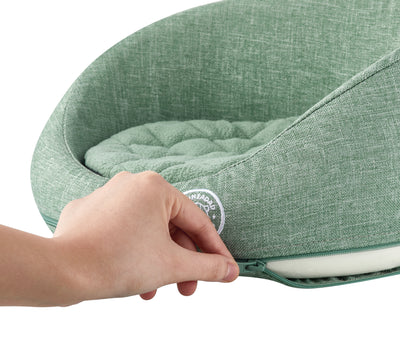
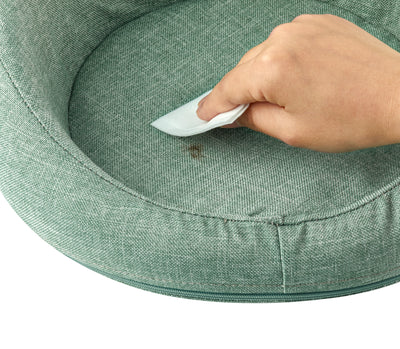
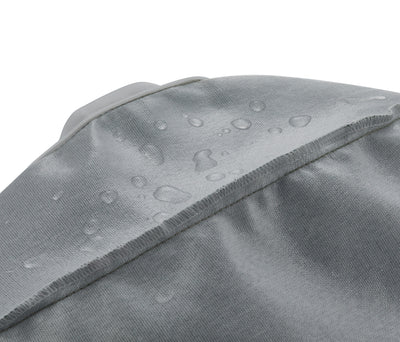
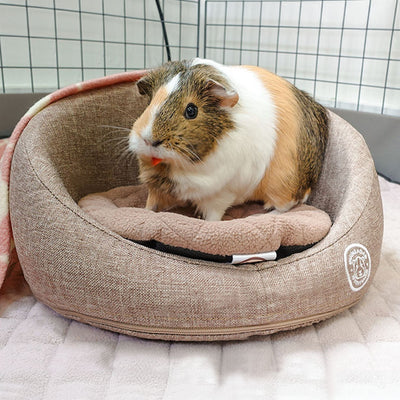
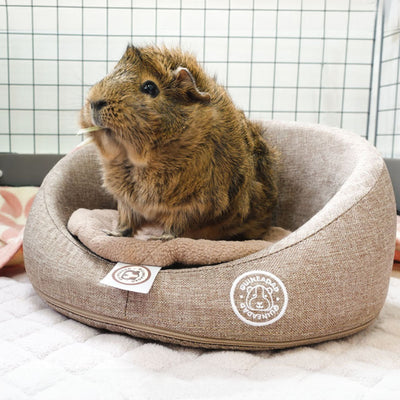
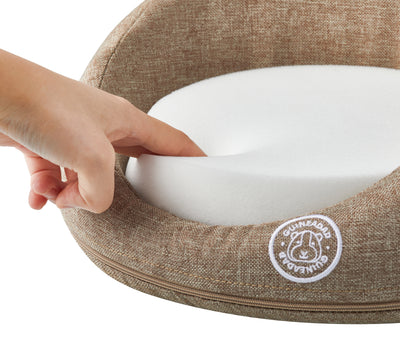










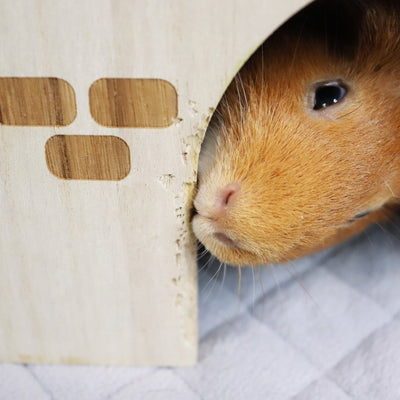










3 comments
Can these mites bite humans?
My guinea pig was just diagnosed with mites! He has received his first ivermectin injection and I want to perform a super-cleaning of his cage and his Guinedad cage liners. Can Guineadad liners endure a very hot-water wash? Can they endure bleach or hydrogen peroxide? Any advice to help me provide a fresh environment will be greatly appreciated!
hi i have an important question can guinea pig pee or bites that dont break skin give you a parasite that causes limb weakness and a burning feeling when it first happens?